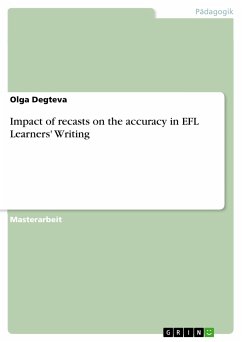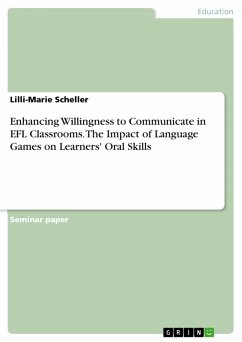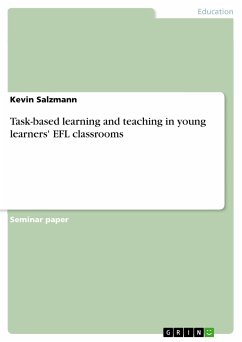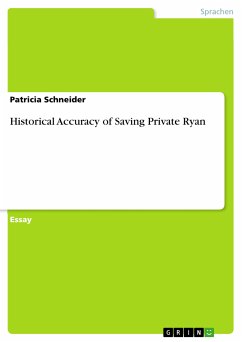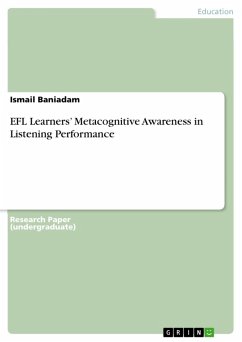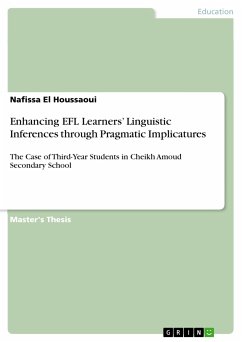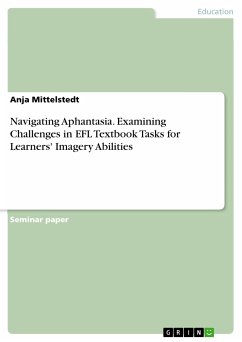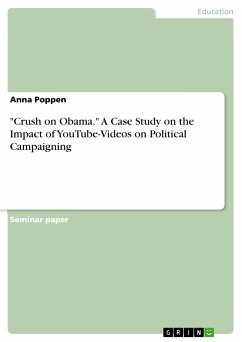Masterarbeit aus dem Jahr 2011 im Fachbereich Didaktik für das Fach Englisch - Pädagogik, Sprachwissenschaft, Girne Amerikan Üniversitesi, Sprache: Deutsch, Abstract: Since the famous Truscott's "The case against grammar correction in L2 writing class" (1996) there has been an ongoing debate in SLA research about the value of corrective feedback and its different forms. A growing number of empirical research is now investigating the question, and although more and more evidence is obtained against Truscott's statement, there are still no definite conclusions about whether the feedback should be given, and if yes, in what form. The present study, designed as a longitudinal single-subject study with two participants, contributes to this research base, investigating one particular form of written corrective feedback - focused recast. During seven weeks thirteen written texts of each participant (first three served as a pre-test, the last one as a post-test) were given feedback in the form of focused recasts and then analysed for errors. All types of errors were targeted in the study. Also item-based and rule-based errors were considered separately to find out whether Ferris's (2002) assumption about treatable and untreatable errors could be confirmed. The results showed significant decrease in the number of errors immediately after the baseline, and then steady downtrend throughout the treatment phase up to the post-test. The comparison of the pre-test and post-test scores let to conclude that recasts significantly assisted in increasing accuracy of writing. Quantitative analysis showed that the number of rule-based errors decreased more than the number of item-based errors. Qualitative analysis of the data of one of the participants showed, that item-based errors were treatable. It also brought up the suggestion that item-based features cannot be treated as a group. Each item is a single phenomenon which is not a part of any grammatical system of the language, and unlike rule-based features, no generalization can be applied to item-based features. The study showed that if to take item-based errors as single phenomenon, then both rule-based errors and item-based errors are equally treatable, thus questioning the ground for classifying errors as treatable and untreatable. The study also suggests a direction of the further research on the effect of recasts on the complex feature systems, such as Conditional III or Modal Verbs for expressing possibility in the past. These features failed to be corrected through recasts, but due to their complexity a longer study is needed to investigate the possibilities of recasts.
Dieser Download kann aus rechtlichen Gründen nur mit Rechnungsadresse in A, B, BG, CY, CZ, D, DK, EW, E, FIN, F, GR, HR, H, IRL, I, LT, L, LR, M, NL, PL, P, R, S, SLO, SK ausgeliefert werden.

